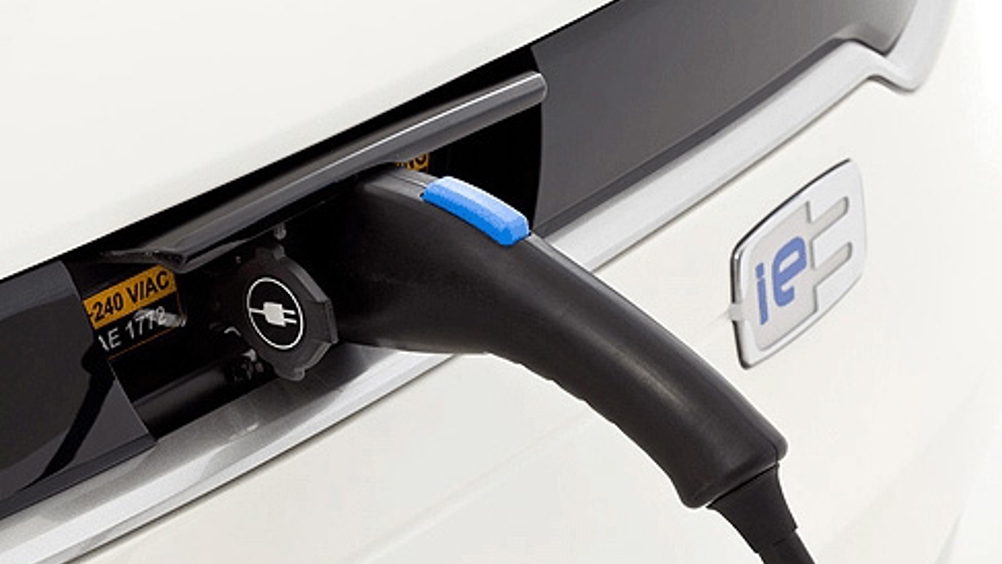Industry teams to help create electric drive vehicle batteries
The US National Renewable Energy Laboratory (NREL) has awarded $7m (£4.4m) to three industry teams for the development of computer-aided software design tools to help produce next-generation electric drive vehicle (EDV) batteries.

These projects support the US Department of Energy’s Computer-Aided Engineering for Electric Drive Vehicle Batteries (CAEBAT) programme.
The objective is to help the automotive and battery industries to design and develop an array of advanced EDV batteries more quickly, resulting in less expensive batteries.
Project goals for the selected teams include: developing battery engineering tools to design cells and battery packs; shortening the battery prototyping and manufacturing processes; and improving overall battery performance, safety and battery life, while reducing costs.
Each team will independently develop and validate computer-aided engineering tools, with an emphasis on electrochemical, electrical, mechanical and thermal issues.
They will also integrate different chemistries, cell geometries and battery-pack configurations.
NREL anticipates that the resulting systems will become competitive marketplace offerings in the near term.
The three industry teams working with NREL are: EC Power, Penn State University, Johnson Controls and Ford; General Motors, Ansys and ESim; and CD-adapco, Battery Design, A123 Systems and Johnson Controls-Saft.
Register now to continue reading
Thanks for visiting The Engineer. You’ve now reached your monthly limit of news stories. Register for free to unlock unlimited access to all of our news coverage, as well as premium content including opinion, in-depth features and special reports.
Benefits of registering
-
In-depth insights and coverage of key emerging trends
-
Unrestricted access to special reports throughout the year
-
Daily technology news delivered straight to your inbox










UK Enters ‘Golden Age of Nuclear’
The delay (nearly 8 years) in getting approval for the Rolls-Royce SMR is most worrying. Signifies a torpid and expensive system that is quite onerous...